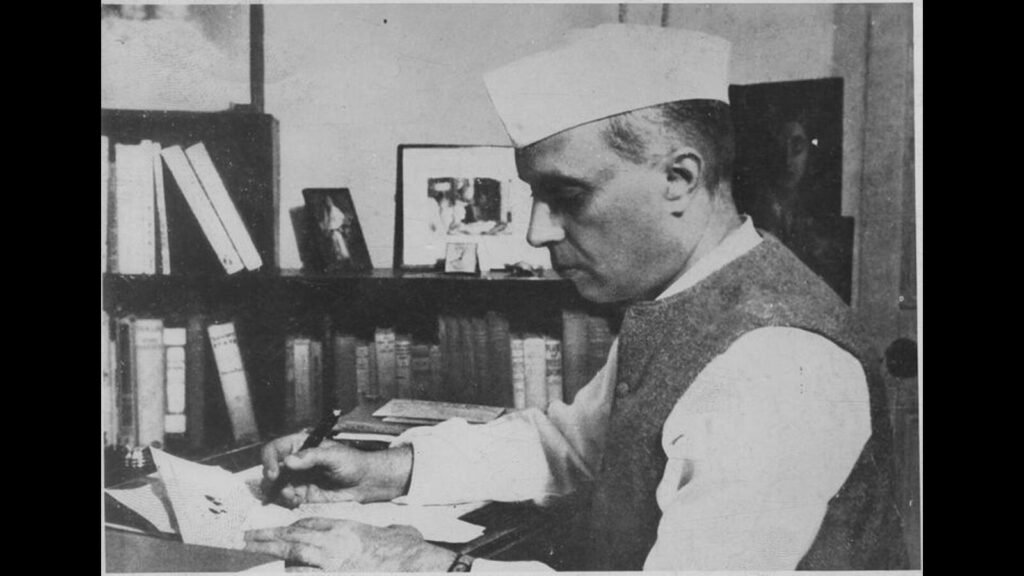
My advice to newly recruited civil service officers has always been that, in addition to their profession, they must cultivate a hobby or sport. Without these assets, people become unidimensional, gripped only by ambition, careerism and envy. The overworked professional, the harried bureaucrat, the corporate leader obsessed with the balance sheet, the politician perpetually campaigning — all are under the delusion that exhaustion equals efficiency.

In our age of relentless acceleration — where inboxes overflow, meetings multiply, and the tyranny of the urgent trumps the importance of the essential — the idea of leisure has been tragically misunderstood. Leisure, the ancients believed, was not idleness; it was an investment in the mind and the spirit. The Greek schoolfrom which the word school is derived, meant precisely that — restful reflection, the cultivation of an inner life. Those who say that there is no time for such indulgences are lying. If you love something, you will always find time for it.
Samudra Gupta (335-375 CE), who created an empire stretching across India, was both a conqueror and a musician. Raja Bhoja (1010–1055 CE), the great Malwa ruler, wrote 84 books on subjects ranging from lexicography to poetics. Mughal emperor Akbar’s hobby was painting. Alas, Indian political leaders today revel in the fact that they do nothing but work 24/7, take no holidays, and have no other interests.
Yet, the mind that is never refreshed soon grows stale; the imagination that is never replenished soon becomes mechanical. Modern history gives us many examples. Winston Churchill, even in the midst of World War II, painted. “When I get to heaven,” he once said, “I mean to spend a considerable portion of my first million years in painting.” Across the Atlantic, President Dwight D. Eisenhower found his refuge on the golf course. In the middle of Cold War tensions, Eisenhower played over 800 rounds while in office. Critics called it indulgence; he saw it as necessary therapy. “A round of golf,” he once remarked, “is the best way to clear the mind of cobwebs”.
Among contemporary leaders, President Barack Obama played basketball regularly — sometimes squeezing in a game before crucial meetings or flights. It was, as he once said, ‘the one thing that still makes me feel like me.’ Similarly, German chancellor Angela Merkel was known to take long, solitary walks in the Alps, which is when, she said, she did her deepest thinking. Vladimir Putin’s fondness for judo and Emmanuel Macron’s passion for tennis all point to the same truth: An interest outside work can be intellectual renewal.
Closer home, Jawaharlal Nehru found time to write. His Discovery of India and Letters from a Father to His Daughter remain classics. Writing allowed Nehru to step outside the immediacy of politics and view civilization in its long durationMahatma Gandhi, who could scarcely afford a moment’s rest during the freedom struggle, turned regularly to the spinning wheel. The charkha was not only symbolic of self-reliance but also a meditative act, a hobby fusing purpose with tranquility. Similarly, C Rajagopalachari, even while serving in some of the highest offices of the land, translated the Mahabharata and Ramayana into English. PV Narasimha Rao wrote and was a master in mastering languages. Atalji was a poet, and even more than that, a Rasikaan aesthete with an interest in classical music, dance and artistic soirees.
Why then, are we in India producing automatons as our role models, who consider anything outside the cesspool of work, success and ambition, akin to sin? The great English philosopher Bertrand Russell wrote that “the time you enjoy wasting is not wasted time”. The ability to detach periodically from the grind, to engage a different part of one’s personality, is what prevents cynicism and burnout, reminding one that life is larger than the next file or election or profit statement.
In my personal life, writing books in solitude or listening to classical music helped to renew my professional commitment to diplomacy, and later to politics. I am a small fry, but Ratan Tata, who helmed India’s largest conglomerate, once said that indulging his love for flying gave him time for renewal and reflection. Aristotle called it eudaimoniathe flourishing of the human spirit. And only those who honor that can truly lead others.
Pavan K Varma is an author, diplomat, and former member of Parliament (Rajya Sabha). The views expressed are personal







